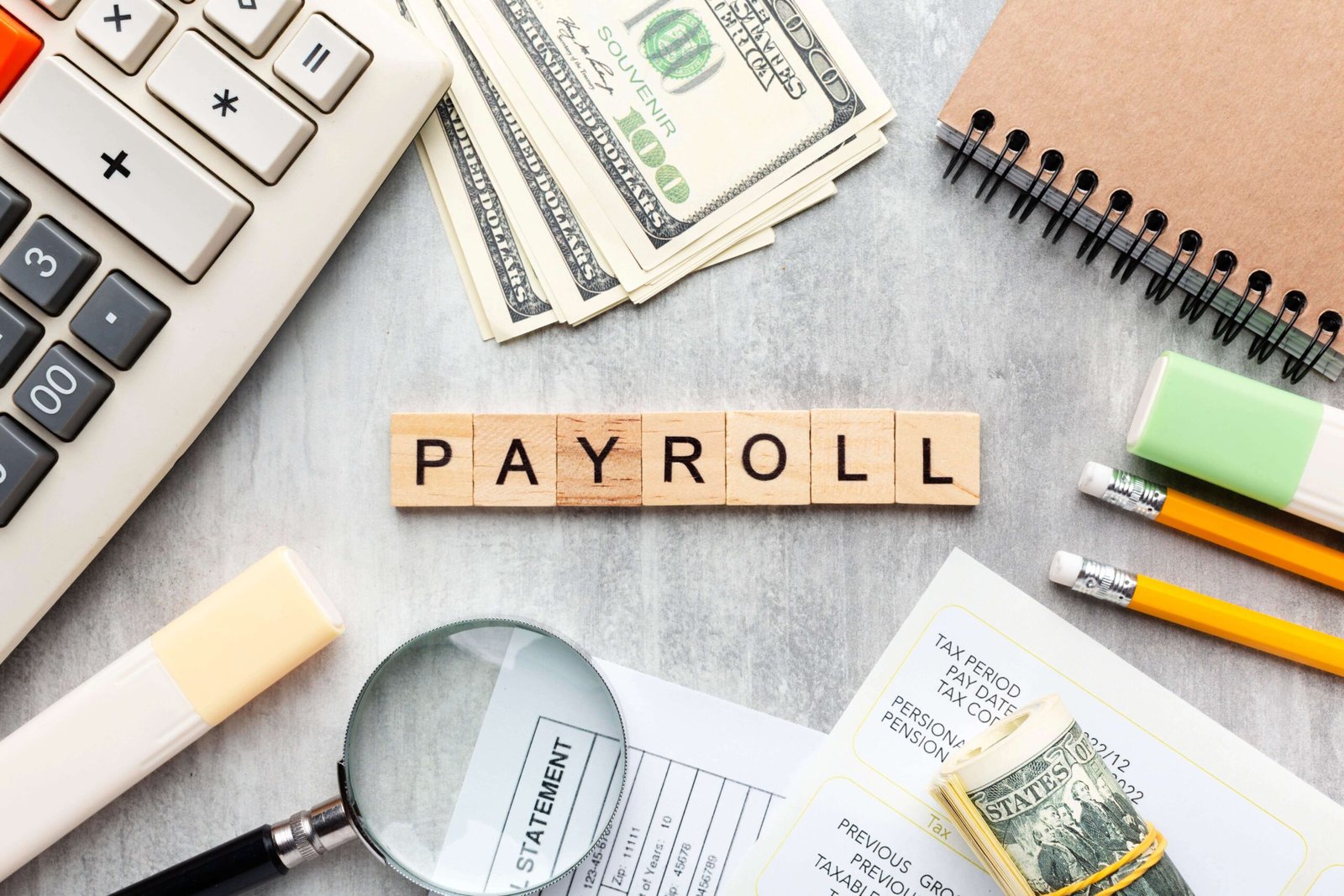Running a small business in Canada comes with many responsibilities, and paying taxes is one of them. Many new entrepreneurs wonder what exactly they will owe the Canada Revenue Agency (CRA) when tax season arrives.
Let’s break down the small business corporation tax in Canada clearly, so you know what to expect and how to plan effectively.
What Is the Small Business Corporation Tax in Canada?
In Canada, a small business that is incorporated pays corporate income tax on its profits. This tax is not the same as the personal tax you pay on your salary. Instead, your corporation files its own tax return (T2) and pays tax based on its net income after deducting business expenses.
The good news is that Canadian tax law provides a lower tax rate for small businesses through the small business deduction. This deduction is a reduced corporate tax rate on the first $500,000 of active business income for Canadian-controlled private corporations (CCPCs).
How Much Is the Small Business Tax Rate?
The small business corporation tax rate is composed of federal and provincial/territorial rates. As of recent years:
- Federal small business tax rate is 9% on the first $500,000 of active business income.
- Provincial tax rates vary, but they are also lower for small businesses compared to general corporations.
For example:
| Province | Small Business Rate | General Corporate Rate |
| Ontario | 3.2% | 11.5% |
| Alberta | 2% | 8% |
| British Columbia | 2% | 12% |
| Quebec | 3.2% | 11.5% |
When combined with the federal 9%, a small business in Ontario would pay around 12.2% on its first $500,000 of active income, which is significantly lower than the general corporate tax rate of approximately 26.5%.
Who Qualifies for the Small Business Deduction?
Not every business can claim the small business tax rate. To qualify:
- Your business must be a Canadian-controlled private corporation (CCPC).
- The income must be from active business activities in Canada, not passive income like investments or rental income (unless rental is your main business).
- Your taxable capital employed in Canada must be under $10 million for the full small business deduction. The deduction gradually phases out if capital is between $10 million and $15 million.
What Happens if My Business Earns Over $500,000?
The small business tax rate only applies to the first $500,000 of active income. Any amount over this threshold is taxed at the general corporate tax rate, which ranges between 25% to 31% depending on your province or territory.
Do Small Businesses Pay GST/HST Too?
Yes, if your business earns over $30,000 in worldwide taxable revenues annually, you must register for a GST/HST number and collect sales tax from your customers. However, GST/HST is collected on behalf of the government, so it’s not technically your income tax. You do remit it periodically to CRA after claiming input tax credits on business purchases.
Can Small Business Owners Pay Themselves a Salary or Dividends?
Absolutely. As the owner of a corporation, you can choose to:
- Pay yourself a salary, which is tax-deductible for your business and taxable for you personally as employment income.
- Pay yourself dividends, which are not tax-deductible for the corporation but have a lower personal tax rate due to the dividend tax credit.
Many business owners use a combination strategy to reduce overall taxes and ensure they contribute enough to CPP.
What Other Taxes Should Small Businesses Consider?
Apart from small business corporation tax, you may encounter:
- Payroll taxes if you hire employees (CPP, EI, income tax withholdings).
- Property tax if you own commercial property.
- Municipal business taxes or licenses depending on your city.
Understanding all these obligations is key to staying compliant and avoiding penalties.
How Can I Reduce My Small Business Corporation Tax?
Here are practical tips to reduce your tax burden legally:
- Deduct all eligible business expenses – office supplies, rent, utilities, internet, marketing, professional fees.
- Consider tax planning strategies such as income splitting with family members who work for you.
- Invest retained earnings into the business for growth rather than withdrawing everything as dividends.
- Make use of the Lifetime Capital Gains Exemption (LCGE) if you sell qualifying small business shares.
- Work with a professional accountant or tax advisor to optimize your corporate structure and minimize taxes strategically.
Why Is Understanding Small Business Corporation Tax Important?
Knowing how the small business corporation tax system works helps you:
- Price your products or services profitably.
- Plan cash flow effectively.
- Avoid unpleasant surprises during tax season.
- Make informed decisions about incorporating versus staying a sole proprietor.
Final Thoughts
Paying taxes is part of running a successful business. The Tax Headaches offers solution for small businesses, such as the small business deduction. By understanding your small business corporation tax obligations, rates, and benefits, you can plan your finances better, invest in your growth confidently, and achieve your business goals with fewer roadblocks.
If you are unsure how these rules apply to your specific situation, consult a qualified Canadian tax professional. It’s an investment that often pays for itself in tax savings, compliance, and peace of mind.
